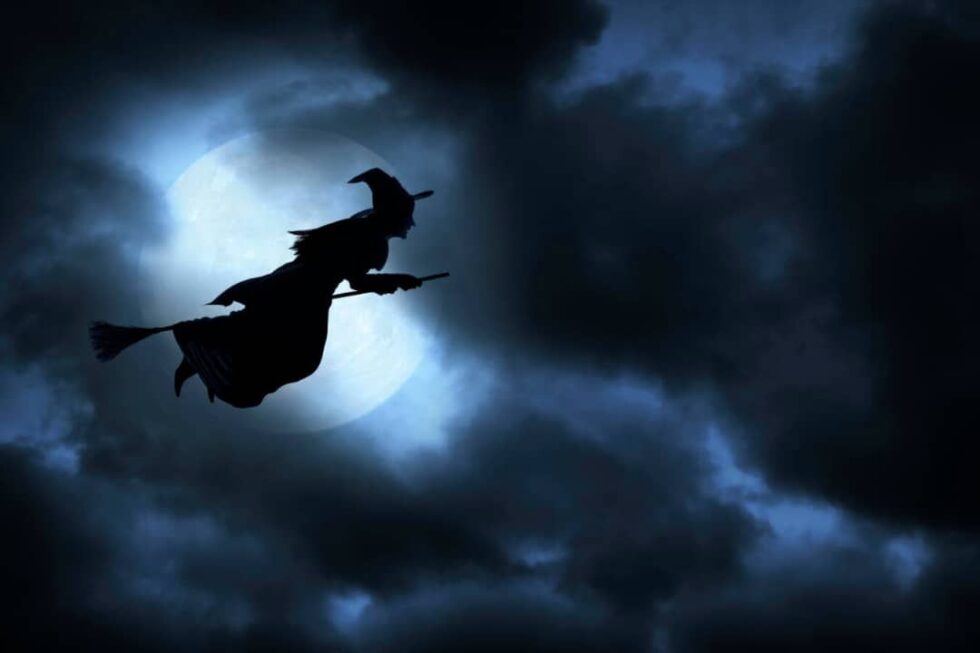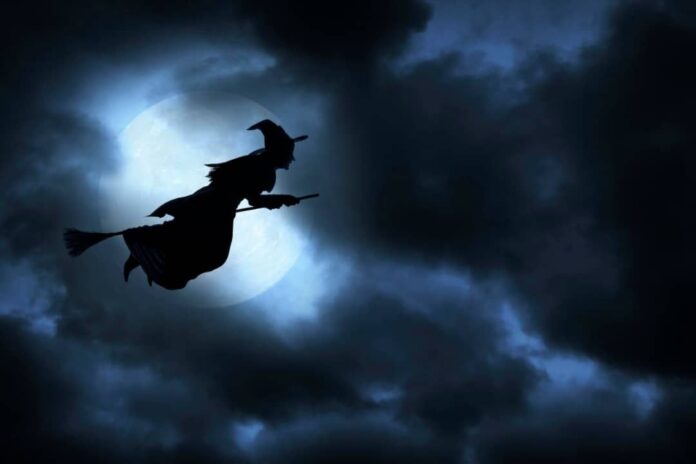By Burnett Munthali
In the heart of Mulanje, within the jurisdiction of Traditional Authority Juma, a disturbing incident unfolded as science and superstition clashed in a manner that left five elderly individuals vulnerable to the wrath of their community. The Department of Climate Change and Meteorological Services (MET) had predicted a dry spell in some districts, a forecast rooted in scientific analysis of weather patterns. However, for some residents of the area, the prolonged drought was not a mere natural occurrence but the work of malevolent forces—witches who had allegedly withheld the rains.
This belief, deeply ingrained in the cultural fabric of some Malawian communities, led to the unjust targeting of five elderly individuals who were accused of practicing witchcraft. Isolated and defenseless, these individuals became scapegoats for the hardships wrought by climate change. The community, desperate for relief, sought to force them to “release the rains,” a notion based on the long-standing but baseless belief that witches possess supernatural control over natural elements.

The intersection of traditional beliefs and modern climate science presents a stark challenge in Malawi. While meteorologists analyze global weather systems, ocean temperatures, and atmospheric patterns to make accurate predictions, some rural communities continue to rely on folklore to explain weather events. This dichotomy creates a dangerous situation where elderly individuals, often marginalized and defenseless, become easy targets for societal frustrations.
Witchcraft accusations are not new in Malawi, and they have historically resulted in violence, displacement, and even deaths. The elderly, particularly those living alone or without strong family ties, are the most frequent victims of these accusations. Poverty, lack of education, and cultural beliefs often fuel such incidents, making it difficult for scientific reasoning to take root in some rural communities.
The recent episode in Mulanje is a stark reminder of the urgent need for widespread civic education and community engagement to bridge the gap between science and traditional beliefs. While the government has made efforts to criminalize witchcraft accusations and protect vulnerable individuals, enforcement remains a challenge, particularly in remote areas where traditional authorities wield significant influence.
The MET Department’s prediction of a dry spell was based on empirical evidence, and the drought was a consequence of changing climate patterns rather than supernatural interference. However, without proper sensitization, communities like those in Traditional Authority Juma will continue to seek explanations within their cultural belief systems. Addressing this issue requires a multi-faceted approach involving traditional leaders, religious figures, civil society organizations, and government agencies.
First, local leaders must be educated about climate change and its effects so they can play a role in informing their communities. Second, there needs to be increased law enforcement to protect elderly individuals from being falsely accused and attacked. Third, integrating climate education into the school curriculum could help the younger generation understand weather patterns and the realities of global warming, preventing the perpetuation of harmful beliefs in the future.
As Malawi grapples with the realities of climate change, it must also confront the dangers of superstition-fueled violence. The plight of the five elderly individuals in Mulanje serves as a tragic reminder that ignorance and fear can lead to grave injustices. A society that embraces scientific knowledge while respecting cultural heritage can ensure that no more lives are put at risk due to outdated and harmful beliefs.



